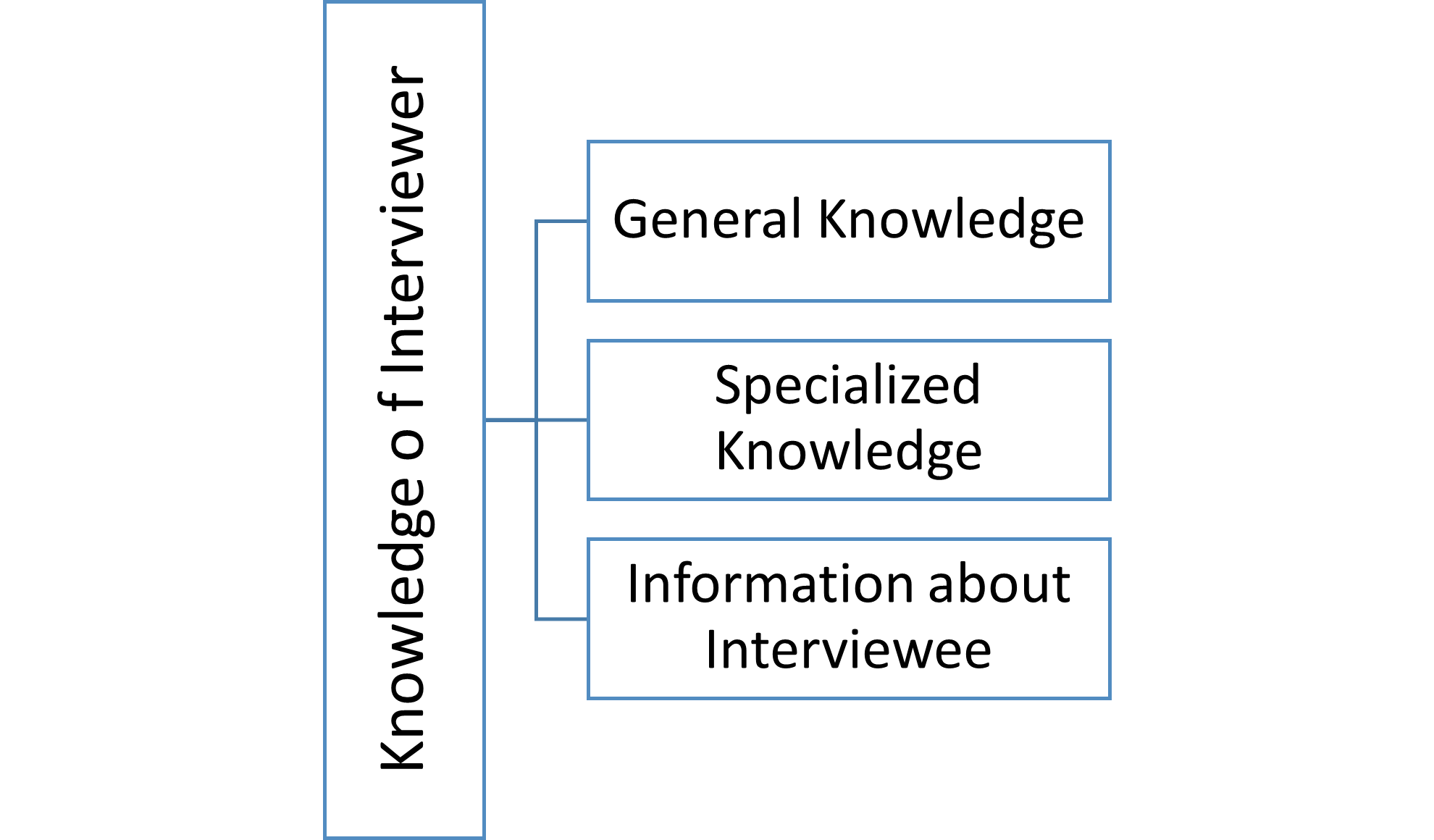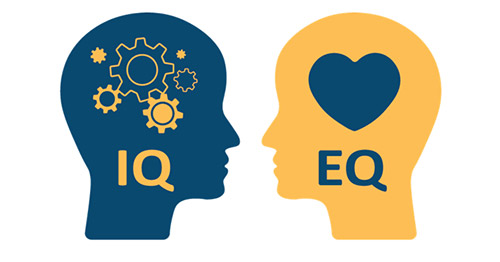Qualitizing Oral History Works-4
Characteristics of Interviewer
Mahya Hafezi
Translated by Ruhollah Golmoradi
2023-12-23
The Iranian Oral History Website has conducted short conversations with some experts and practitioners on the topic of how to improve oral history books or memoirs, the results of which will be presented to the readers in the form of short notes and in several parts.
Producing an oral history work is similar to make a building which has basic foundations. If these constituents are not provided correct, there would not be a desirable final product. An oral history work has two primary constituents: the first one is words that the interviewer states and the second is words that compiler collects. Most of any oral history work is about content that the interviewer expresses. In order to make useful what the interviewer says, the interviewer must extract the content elegantly and skillfully.
Therefore, the interviewer must have the characteristics to do a standard and successful work, which we will discuss further.

The characteristics of an interviewer include three general parts: “Knowledge”, “Technique”, and “Personality and Behavioral Characteristics.” That is, the interviewer must have the knowledge of interviewing, the technique of interviewing in oral history, and a normal personality and behavior characteristics in the society.
Knowledge
The interviewer's knowledge is classified into three parts: general knowledge, specialized knowledge, and information about the person being interviewed.
1- General Knowledge:
It is necessary for the interviewer to be familiar with general teachings, which is called general knowledge. These teachings are categorized in three parts: general information, IQ, and being knowledgeable of current events.
A) General Information
The basis of the interviewer's knowledge is to have the necessary and sufficient general information. A person with poor general knowledge cannot handle an interview well. If the interviewer does not have general knowledge, he/she has to constantly interrupt the interviewee to ask the most obvious questions.

If a person has a lot of historical and specialized information, but lacks general information, he/she will not be a successful interviewer. When the interviewee realizes that the person he/she is talking to is knowledgeable in different topics, he/she will enjoy the interview, and finally, it will be a good interview. It is important for the interviewee what general information the person sitting in front of him/her as the interviewer has.
B) IQ
Another characteristic related to the interviewer's general knowledge is to have a high IQ. He/she must be able to understand what the interviewee is saying. Also, he/she can correctly recognize the proper situations to ask different questions.
When it comes to intelligence, we face two terms, IQ and EQ. Intelligence quotient (IQ) is a measure of a person's reasoning ability, while emotional intelligence (EQ) is the ability to understand, evaluate, and control emotions. In fact, IQ usually refers to a person's intellectual ability. A person with a high IQ can use logic to solve problems.

C) Being Knowledgeable of Current Events
In order to communicate between the interviewer and the interviewee, it is necessary for the interviewer to have enough information about the events of the day. In order to start the interview process, it is necessary to have preliminary talks. There is no need these conversations to be related to the topic of the interview; For example, this conversation can be about the weather, new events that are happening, newspaper news, and so on. Talking about the events of the day can bring the interviewer and the interviewee closer together and provide a more intimate atmosphere for the interview.
2- Specialized Knowledge
The interviewer must have complete information about the subject of the interview. In order for the interviewer to be able to ask good questions and receive good answers, he/she must be superior to the interviewee in terms of specialized knowledge about the subject of the interview. In this case, the interviewer can prevent the interview session from going astray. The interviewer must be an oral historian, which means he has complete knowledge of subject of the interview.
3- Information about the Interviewee
The interviewer must fully identify the interviewee before conducting the interview. He/she must have collected all the subject's personal information that he/she may need during the interview. This information can include the interviewee's morals, family status, educational background, personal communications, and so on.
Number of Visits: 1510








The latest
Memoirs of Hujjat al-Islam Reza Motalebi
Hujjat al-Islam Reza Motalebi is a cleric from Isfahan. Before the revolution, he was the imam of the Fallah Mosque – which was later renamed Abuzar Mosque. By his presence and efforts, Abuzar Mosque soon became a base for supporters of the Imam and the revolution. After the victory of the revolution, he played a role in uniting forces and maintaining political vitality in southwest Tehran.The Necessity of Receiving Feedback in Oral History
Whenever we engage in a task, we naturally seek ways to evaluate our performance — to correct shortcomings and enhance strengths. Such refinement is only possible through the feedback we receive from others. Consider, for instance, a basketball player whose shots are consistently accurate; should he begin shooting blindfolded, his success rate would rapidly decline, as he would be deprived of essential feedback from each attempt.Sir Saeed
The book “Sir Saeed” is a documentary [narrative] of the life of martyr Seyyed Mohammad Saeed Jafari, written by Mohammad Mehdi Hemmati and published by Rahiyar Publications. In March 2024, this book was recognized as one of the selected documentary biographies in the 21st edition of the Sacred Defense Book of the Year Award. The following text is a review on the mentioned book.Morteza Tavakoli Narrates Student Activities
I am from Isfahan, born in 1336 (1957). I entered Mashhad University with a bag of fiery feelings and a desire for rights and freedom. Less than three months into the academic year, I was arrested in Azar 1355 (November 1976), or perhaps in 1354 (1975). I was detained for about 35 days. The reason for my arrest was that we gathered like-minded students in the Faculty of Literature on 16th of Azar ...

